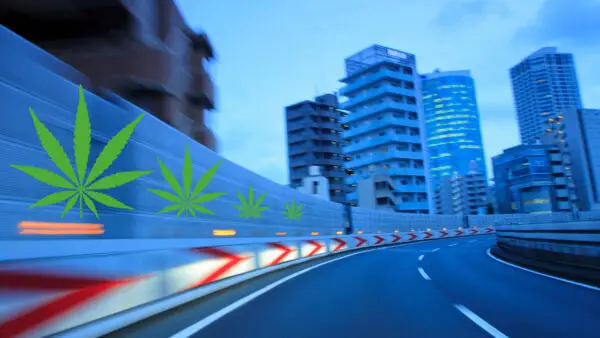Can I Do It?
It’s a fair enough question. Wondering about driving high is probably on more people’s mind than I’d like to think.
The short answer is: it is illegal to drive while impaired
In Canada, drug-impaired driving has been illegal for a very long time; since 1925 in fact.

Remember the basic facts. Driving while impaired by anything is illegal.
This – of course – includes driving while impaired by alcohol and drugs.
These alcohol and drugs may be legal or illegal. It doesn’t matter. If you’re impaired, you’re impaired.
Some people take Benadryl. Those people might be impaired, too.
Certain people are simply impaired by taking ‘too much’ or ‘too little’ of a prescription medication.
Being Tired Is the same as being drunk
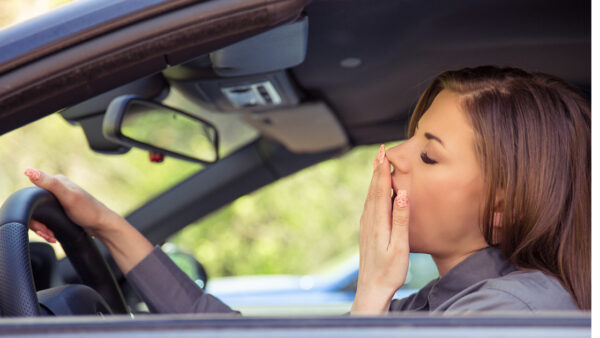
I’ve also read numerous times that driving after being awake for 30 hours is the same as driving drunk.
Being impaired may also include other conditions, such as driving while extremely angry/upset.
Driving on cannabis
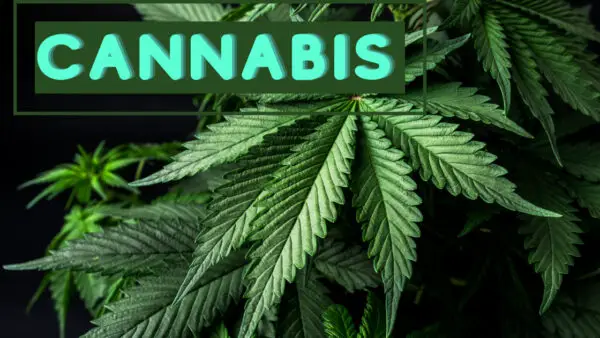
Cannabis has recently become legalized in a number of places, so let’s talk about that while we’re at it.
There are many different forms of cannabis, the two most common and well known being THC (tetrahydrocannabinol) and CBD (cannabidiol).
While THC contains the psychoactive properties that ‘make people high,’ with intoxicating effects, CBD isn’t the same. CBD alone won’t ‘make people high.’
CBD is non-psychoactive. A lot of people use CBD for therapeutic effects such as for pain, anxiety, and a lot of other issues that seem to come along with being a human.
The effects of driving while Impaired on cannabis
Cannabis can:
- Impair your driving by altering your motor skills
- Slow your reaction time
- Inhibit short term memory and concentration
- Cause drivers to tend to drive at varying speeds
- Make it so drivers are unable to make quick decisions
- Drivers may be unable to respond appropriately to unexpected events
- Make a driver feel very relaxed, euphoric, confused & forgetful
High Driving vs Drunk Driving
These activities could be similar. Both alcohol and cannabis can cause a driver to have lapses in judgment, decision-making skills and spatial awareness.
Both substances can inhibit your reaction time, your speed control, and your alertness while driving down the road.
Driving Drunk or High: Which is worse?
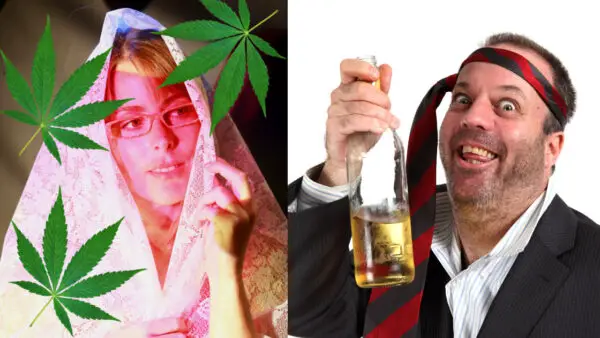
Is driving on weed worse than driving drunk? This question is impossible to answer. ‘Results’ also vary from person to person, and can depend on a person’s body weight and other factors.
However, both of these decisions come with stiff penalties. They both have had fatal consequences.
One study from 2012 concluded that driving while intoxicated on cannabis doubled a person’s risk of a serious or deadly crash.
When Can you drive after consuming cannabis?
This is another nearly-impossible question to answer. The answer depends so much on the person.
Also, cannabis is so different from alcohol, and is difficult to measure. It can be consumed in so many different ways (edibles, drinkables, capsules, topically, flowers, vapes, concentrates, etc.)
Each person’s ability to dissipate the drug is really not known.
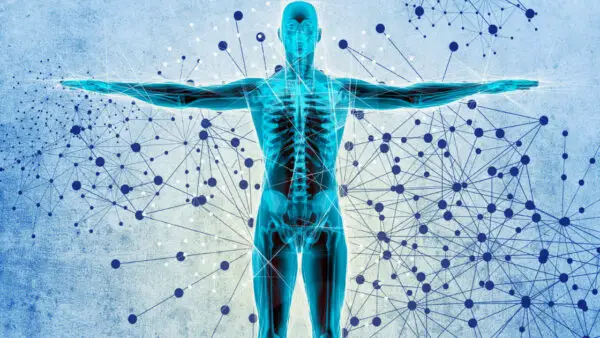
Sometimes you may have heard about being able to drive after at least 4 hours. But who knows if this is good enough for you? For times when you’ve consumed a lot, you may need to wait at least 6 or more hours.
Say you have mixed cannabis with other drugs or substances, maybe you need to wait 8 or more hours. If you’re a new user, maybe you need to wait even longer since you may be unfamiliar with its effects.
You know when you feel sober and when you don’t. And when you don’t – or if you aren’t sure – simply don’t take the risk.
It’s kind of like when you’re turning left. If you don’t know it’s safe or not, because of visibility or other issues, then simply don’t turn.
The Law and Cannabis
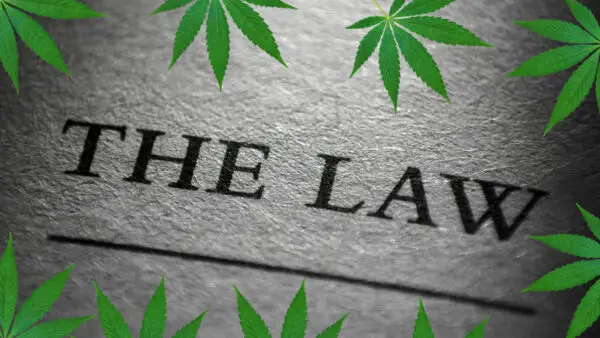
Yes, operating a motor vehicle while you are high on cannabis is a criminal offense. It’s illegal in other words.
In June 2018, the federal government introduced Bill C-46. This bill included federal laws and penalties to the Criminal Code of Canada. All having to do with driving while impaired.
Provinces, territories, and states have introduced new and varying laws that relate to driving while under the influence of cannabis. These are to compliment federal laws.
Federal laws Bill C-46 for DUI charges
- Anywhere between 2 – 5 nanograms of THC per ml of blood within two hours of driving can result in a $1,000 penalty
- More than 5 nanograms of THC per ml of blood within two hours of driving could be a summary or indictable offense. The consequence ranges from a $1,000 fine to a maximum penalty of 10 years in jail. That would be for repeat offenders.
- Having both booze and THC in your body would be a hybrid offence. Indictable or summary. Punishable by a $1,000 fine to a max 10 years in jail – for people who just can’t stop themselves.
Marijuana DUI Test
With the legalization of cannabis comes new forms of testing, of course. We’re talking about drug detection for the roadside. The Draegar Drug Test 5000 allows police to test a driver’s saliva for THC on the side of the road.
Currently, police in Ottawa are using this device. Some other regions are waiting for different devices to be approved.
Officers can still demand that a driver complete a standard field sobriety test. Additionally, the officer can bring in a drug recognition expert (DRE) or make use of a blood sample.
Plan Ahead To Stay Safe
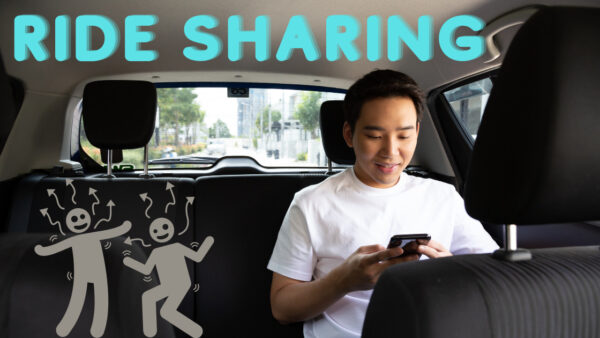
You have some options for avoiding driving high, similar to your options for avoiding driving drunk.
- You could use a designated driver
- A friend or loved one may be able to pick you up
- Taking public transit may be an option
- Calling a cab
- Use a ride-sharing service such as Uber
- Stay over night if that’s a possibility
Driving Stoned: Information for parents

Young people make up the largest group of drivers who die in collisions, and who later test positive for drugs and/or alcohol.
In surveys, both parents and young people admit to never having had a conversation about impaired driving.
If you are a parent, it’s never a bad time to start a conversation; it may save lives.
Read more: Luxury Car Brands – 32 To Drool Over

